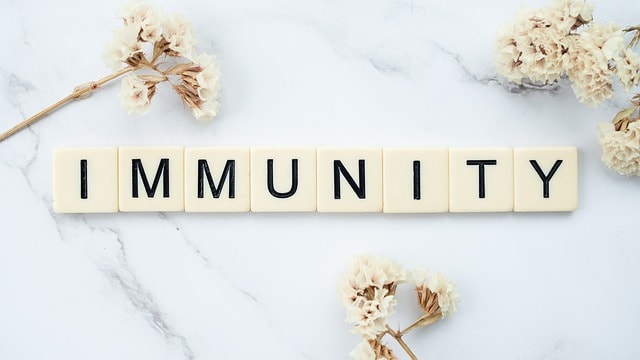Finally, some good news for nail biters.
Research has shown that early life exposure to certain microbial organisms that kids are typically exposed to via nail biting and thumb sucking are believed to help our bodies reduce the risk of allergies as we get older. The research didn’t show that nail biting kids were less likely to develop allergic diseases later in life but did have a lower risk of testing positive for certain allergies using the skin prick test.
The report which was published in New Zealand in 2016 stated:
Children who sucked their thumbs or bit their nails between ages 5 and 11 years were less likely to have atopic sensitization at age 13. This reduced risk persisted until adulthood. There was no association with asthma or hay fever.
Pediatrics
The research suggests that microbial matter under our nails that get in our mouth help our immune systems better handle allergens later in life. The so-called “hygiene hypothesis” has been around for years and suggests that children born in very clean, sterile environments may make it more difficult for their immune systems to learn how to handle allergens and other contaminants later in life.
While it’s too late for most of us to go back in time and bite our nails more, those of us who did might have done our bodies a favor – so to speak – with our early life nail biting.
Or did we?
Nail Biting And Sickness
Our fingers and hand contain bacteria especially if we’re not washing our hands properly. Putting our hands in our mouth when biting our nails increases the chance of introducing bacteria into our mouth as a result. This leads to a greater chance of catching a cold or flu.
These days, we also run the risk of increasing the chance of being infected with COVID-19 when biting our nails or otherwise putting our fingers in our mouth after touching an infected surface.
If you’re wondering what sort of bacteria our fingers have on them at any given time, Turkish researchers took a look in a 2006 study. They found that 76% of nail biters and only 27% of non-nail biters had traces of E. Coli and other various potentially dangerous and diarrhea-causing bacteria in their saliva samples.
Nail Biting And Other Concerns
In addition to the increased risk of catching a cold or other illness, nail biting additionally increases the risk of:
- Hangnails which nail biters tend to then bite
- Nail infection which can then be introduced to the mouth
- Tooth chipping and cracking
- Movement and shifting of teeth
- Root damage to teeth which is made worse if you have orthodontic braces
- Longer and more costly orthodontic treatment
- Bad breath as more bacteria is introduced into the mouth
Additionally if you wear nail polish or varnish, toxins in the liquid you apply can get in your mouth.
Check out this article called What Is Bruxism to learn about another mouth-related problem associated with nail biting, namely teeth grinding.
Recent Posts
Stimming, short for self-stimulatory behavior, refers to repetitive or rhythmic movements or sounds that some individuals with autism or other neurodevelopmental conditions engage in. It is often...
Nail biting and nail picking is a common habit that affects many people, especially during times of stress or boredom. While it may seem like a harmless habit, it can actually have negative...


